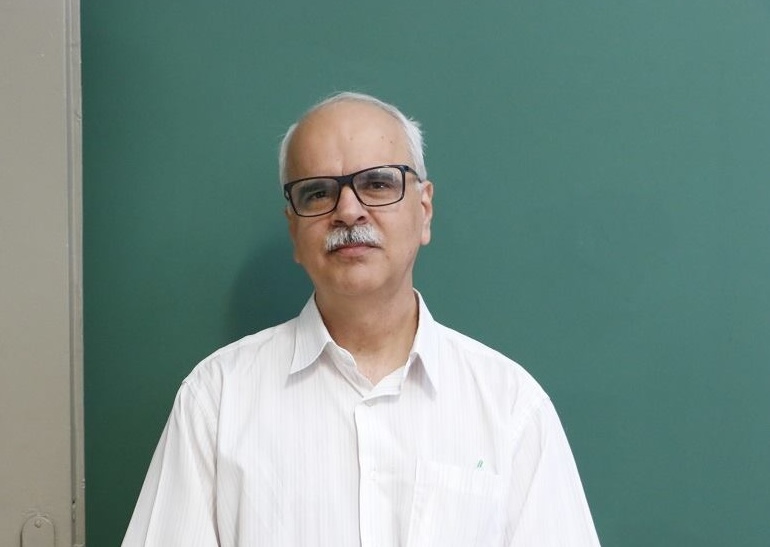برای خواندن این مطلب به فارسی اینجا را کلیک کنید
The Islamic Republic of Iran has continued its practice of forcibly exiling political prisoners without judicial orders, undermining the rule of law and infringing upon basic human rights. This policy, exemplified by the recent illegal transfer of Saeed Madani to Damavand Prison from Evin Prison, reflects a systematic attempt to suppress dissent and isolate political dissidents from their communities and support networks.
Madani is a renowned scholar whose work has focused on social problems within Iran, including on poverty, inequality, children’s rights, drug abuse and addictions, domestic violence, and sex workers. He is a member of the Iranian Sociological Association and a faculty member and member of the Social Welfare Research Group of the University of Social Welfare and Rehabilitation Sciences.
Iran’s judiciary regularly relocates political and ideological prisoners to facilities far from their homes, significantly impacting not only the prisoners themselves but also their families, who are forced to endure long, arduous journeys to maintain contact. This practice not only disrupts family ties but also contravenes the principle that punishments should be personal and not collective. Legal experts argue that such exiles have no basis in Iran’s Islamic Penal Code, raising serious concerns about the transparency and integrity of the judicial process.
The policy of exile can have tragic consequences, as demonstrated by the case of Peyman Arefi in 2009, whose family suffered a fatal accident while traveling for a prison visit. Arefi was a resident of Tehran who had been exiled to the prison in Masjed-e Jame. His family had been traveling continuously for three years from Tehran to Masjed Soleyman to visit him when his mother and wife were tragically killed in the fatal car accident.
Such incidents highlight the extreme risks and burdens placed on the families of political prisoners, underscoring the inhumanity of the exile policy.
The judiciary’s handling of such cases exhibits a blatant disregard for legal standards, manipulating or outright ignoring judicial decrees to suppress opposition. Madani’s forced relocation to Damavand Prison is a stark illustration of this, with Madani himself highlighting the use of “unjust, illegal, and unusual punishments” in an open letter to the judiciary.
The September 2023 incident, involving the violent transfer of thirteen political prisoners from Evin Prison to Qazal Hessar Prison without prior notification, further attests to the regime’s punitive measures against dissidents. It has been reported that the lives of these 13 prisoners – Saeed Masouri, Jafar Ebrahimi, Kamiar Fekoor, Luqman Aminpour, Afshin Baymani, Sepehr Imam-Jomeh, Zartosht Ahmadi-Ragheb, Mohammad Shafi’i, Saman Seidi (Yasin), Hamzeh Savari, Ahmadreza Haeri, Reza Salmanzadeh, and Masoudreza Ebrahimi-Nejad – are in danger, and the Association of Iranian Writers is concerned that another “intentional crime” may take place.
The National Iranian American Council (NIAC) condemns these unlawful exiles, highlighting the ongoing violations of human rights by the Iranian judiciary. NIAC calls on the Islamic Republic to cease the harassment of political prisoners and their families and to release those unjustly detained. Iran must adhere to its own laws and international human rights obligations, ensuring that all individuals are treated with the dignity and justice they rightfully deserve. The continued imprisonment and exile of political dissidents not only violates international human rights standards but also exacerbates the suffering and isolation of individuals who should not be incarcerated in the first place.


